Green Energy, Green Living, Renewable Energy
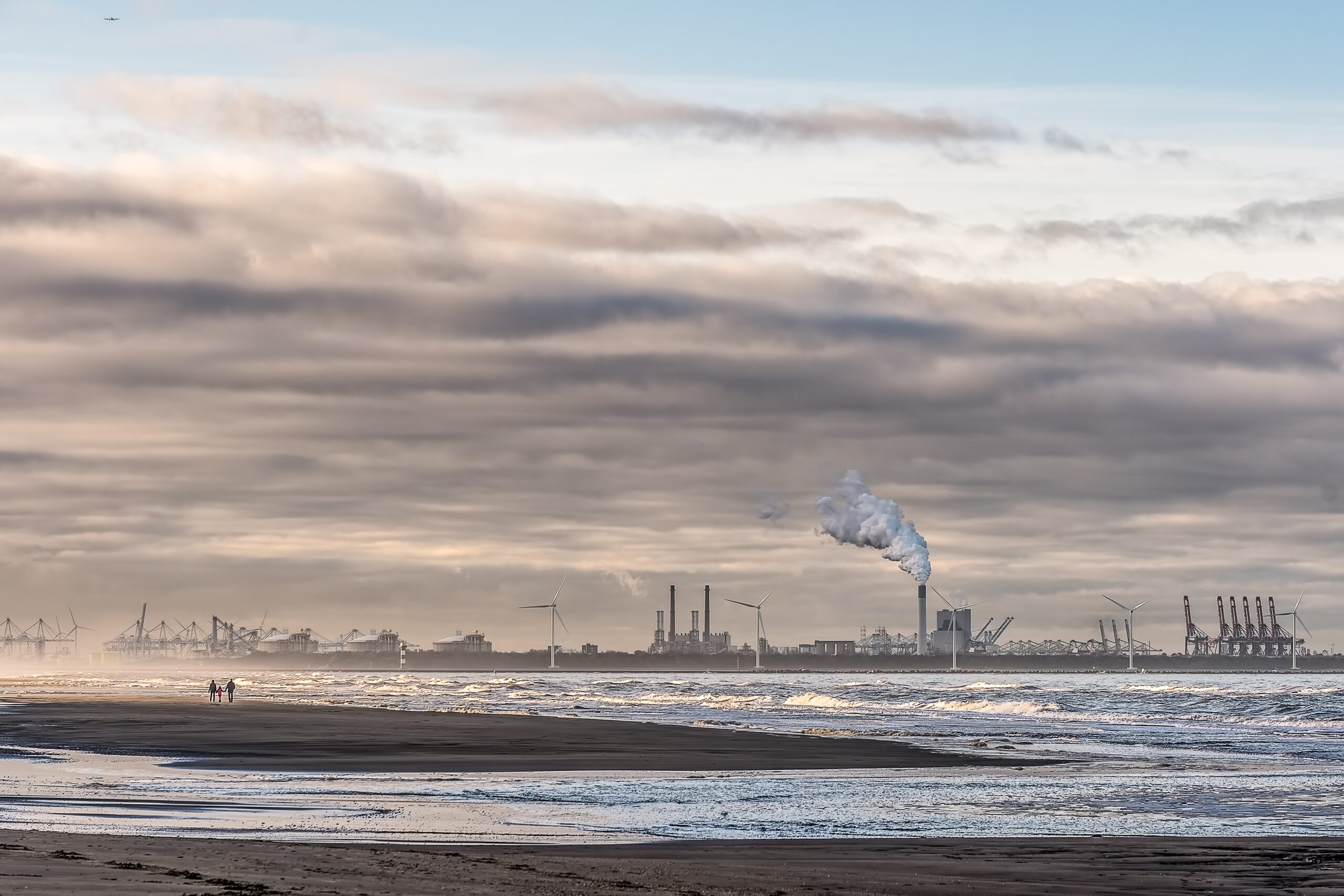
Fossil fuels, the long-standing stalwarts of the global energy sector, have powered human civilization since the dawn of the industrial revolution. However, despite their significant contributions, the sustainability and environmental implications of their use have become increasingly controversial topics. In this comprehensive exploration, we take a detailed look at both the benefits and drawbacks of fossil fuels, examining whether alternatives could hold the key to our energy future.
As we explore the landscape of energy, we must consider the proven advantages of fossil fuels. Yet, alongside their benefits, what are the major concerns and criticisms they face? And as we grapple with these challenges, can alternatives to fossil fuels present viable solutions? We encourage you to approach this exploration with an open mind, engage critically with the content, and ponder the broader implications of our collective energy decisions. As the old saying goes,
The stone age did not end for a lack of stones, and the oil age will end long before the world runs out of oil.
Sheikh Zaki Yamani
Could we, in fact, be at the precipice of a new age in energy? Is our reliance on fossil fuels becoming a thing of the past? Let’s dig deeper and find out.
Fossil fuels, as the name implies, are derived from the remnants of ancient plants and animals that lived millions of years ago. These prehistoric organisms, over time, were subjected to heat and pressure beneath the earth’s surface, resulting in the formation of fossil fuels. They are primarily composed of carbon and hydrogen and are categorized into three main types: coal, oil, and natural gas.
Formed from the decayed remains of ancient ferns and plants, coal stands as one of the primary energy sources for electricity generation across the globe. This black or brownish-black sedimentary rock, when ignited, releases a substantial amount of heat energy. It’s not just used for power production; industries also employ coal in the manufacturing of steel and cement. However, its combustion results in significant carbon dioxide emissions, making it a major contributor to global greenhouse gas levels.

Commonly referred to as petroleum, oil is derived from the age-old remains of microscopic sea creatures. This liquid fossil fuel has an extensive range of applications. While it’s crucial in fueling vehicles, it’s also the foundational ingredient in producing a plethora of products, such as plastics, chemicals, and even cosmetics. The extraction process, from drilling to refining, has advanced technologically over the years, yet environmental concerns over oil spills and emissions persist.
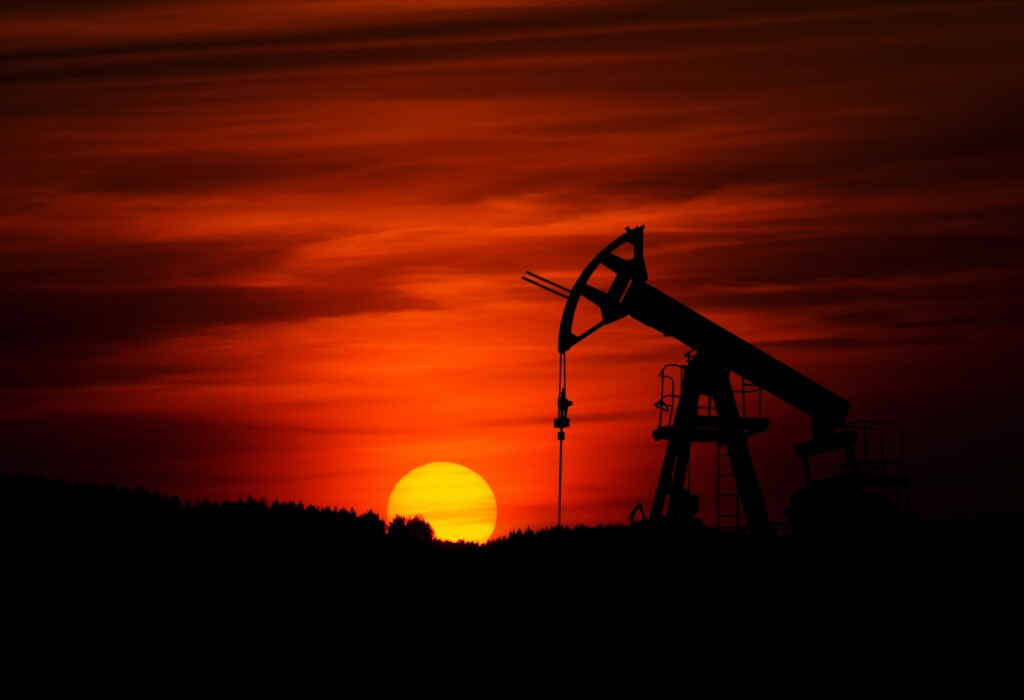
Resulting from the decomposition of both tiny sea creatures and terrestrial plants under intense heat and pressure over millions of years, natural gas is a versatile and cleaner fossil fuel option. In its pure form, it’s colorless and odorless, but a distinct odorant is often added for safety reasons to detect leaks. Commonly piped into homes for heating and cooking purposes, it’s also gaining traction as a fuel for vehicles. Its advantage lies in its relatively cleaner burn, emitting fewer pollutants than coal or oil.

It’s important to understand that the process of forming these fuels took millions and millions of years, hence they are considered non-renewable resources. This means, once exhausted, they cannot be replenished in a short period.
🪫Fossil fuels have been a critical source of energy for centuries, driving industrialization and technological advancement. However, their non-renewable nature coupled with environmental concerns puts their sustained use under scrutiny.
To extract these fuels, complex processes such as mining (for coal), drilling (for oil), and hydraulic fracturing or fracking (for natural gas) are employed. These extraction methods, while effective, have raised serious environmental and health concerns, leading many to question the sustainability of our reliance on fossil fuels.
When we delve into the topic of energy, it’s hard to ignore the significant role that fossil fuels have played. Their advantages have allowed us to build modern societies as we know them today. Let’s take a closer look.
Fossil fuels, such as coal, oil, and natural gas, are widely available and abundant. They’ve been the backbone of our energy infrastructure for centuries, providing reliable and easy access to energy. This has enabled the rapid industrialization of nations and the development of technology that has transformed our lives.
One of the strongest advantages of fossil fuels is their high energy efficiency. They offer a greater bang for the buck in terms of energy output per unit. This high energy density makes fossil fuels an efficient source of energy, providing the power necessary for heavy-duty tasks and high-demand services.
From an economic perspective, fossil fuels have contributed significantly to global economic growth. The extraction, refining, and trading of fossil fuels have created jobs, stimulated economic activity, and generated substantial revenue for countries worldwide.
However, despite these advantages, it’s worth noting that the use of fossil fuels is not without its drawbacks – a major one being their environmental impact.
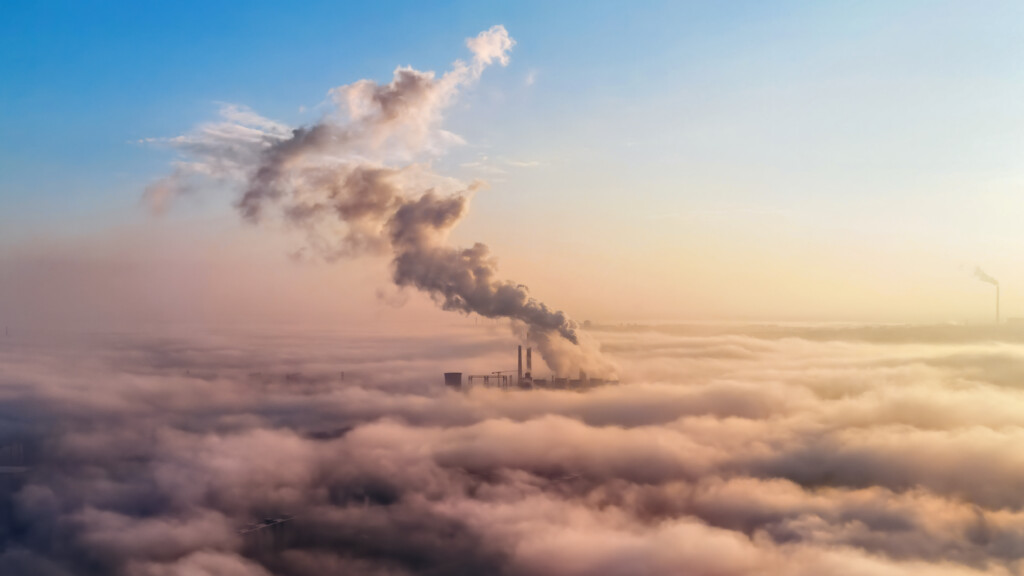
The remarkable industrial progress of the 20th century is largely built upon the use of fossil fuels. Yet, this widespread consumption comes with significant drawbacks. These disadvantages not only affect the environment but also have dire socio-economic implications.
The environmental repercussions of fossil fuel consumption weave a complex narrative of intertwined impacts. When we burn fossil fuels, they emit harmful greenhouse gases, predominantly carbon dioxide. This accumulation of gases doesn’t merely float benignly; it traps heat within our atmosphere. This process, widely recognized as global warming, doesn’t stop at just increasing our planet’s temperature. It sets off a series of ecological domino effects. For instance, our planet’s ice caps begin to melt, resulting in escalating sea levels. As the waters rise, coastal habitats face existential threats, and extreme weather events become more frequent and severe.
Furthermore, climate change isn’t a looming future issue; it’s a present-day challenge. With an overload of carbon dioxide, our climate has become more erratic and unpredictable. This unpredictability translates into unexpected weather patterns and a heightened frequency of natural disasters that communities around the globe grapple with.
Yet, the story doesn’t end with the atmosphere. The combustion of fossil fuels also releases a slew of other harmful by-products. Particulate matter and pollutants like sulfur dioxide, for example, don’t just dissipate. They linger, contributing to widespread air pollution. For many, this isn’t an abstract environmental issue—it’s a tangible health crisis. As these pollutants permeate the air we breathe, respiratory and cardiovascular diseases become more prevalent.
Simultaneously, our waters aren’t immune to the hazards of fossil fuels. The steps involved in extracting and processing these energy sources often result in unintended spillages and waste. This can contaminate our rivers, lakes, and oceans, jeopardizing aquatic ecosystems and rendering water unsafe for human consumption.
Heavy reliance on fossil fuels also has socio-economic implications. The distribution of these resources is uneven across the globe, leading to geopolitical conflicts and inequality.
| Impact | Description |
|---|---|
| Geopolitical tensions | Countries with rich fossil fuel reserves often wield significant political power, which can cause tensions and conflicts. |
| Economic Instability | Fluctuations in fossil fuel prices can destabilize economies, especially those heavily dependent on these resources. |
| Job Insecurity | Jobs in the fossil fuel industry are at risk due to the finite nature of these resources and the shift towards renewable energy sources. |
These disadvantages underscore the urgent need to transition towards cleaner, sustainable energy sources. The question isn’t whether we can afford to make the switch, but rather, can we afford not to?
As we strive for a more sustainable future, the exploration and adoption of alternative energy sources has taken center stage. These sources, unlike fossil fuels, offer the prospect of renewable, clean energy that can power our world without damaging our environment.
Solar energy, harnessed from the sun’s rays using solar panels, has grown exponentially in the last decade. This form of energy is not only renewable but also produces zero greenhouse gas emissions once the panels are installed. The sun shines everywhere, on every corner of the globe, making solar energy a viable option for virtually every region.
Solar power has the potential to not only reduce our reliance on fossil fuels but also democratize access to energy, by making it possible for individuals to generate their own electricity.
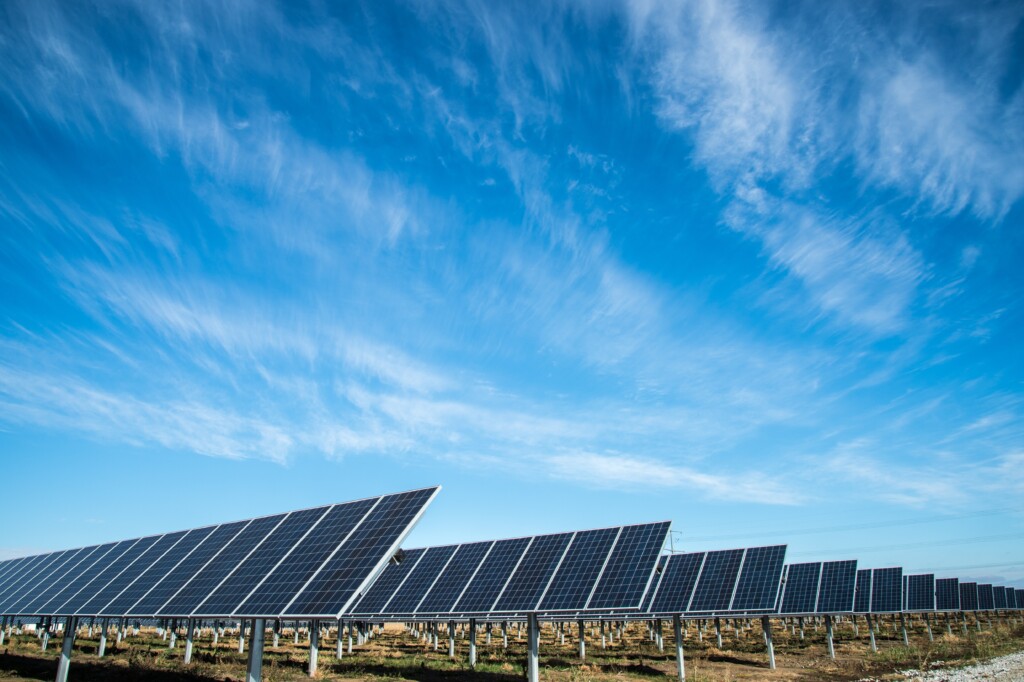
Wind energy, generated by spinning turbines that convert kinetic energy into electrical power, is another promising alternative. Like solar power, wind energy is renewable and emits no greenhouse gases during operation. Moreover, with technological advances, turbines are becoming increasingly efficient and less intrusive.
There are various types of wind farms. While onshore ones are efficient, they might disrupt local ecosystems and often face aesthetic concerns. In contrast, offshore wind farms, though more expensive to establish, generally face fewer objections and can tap into stronger and more consistent winds.
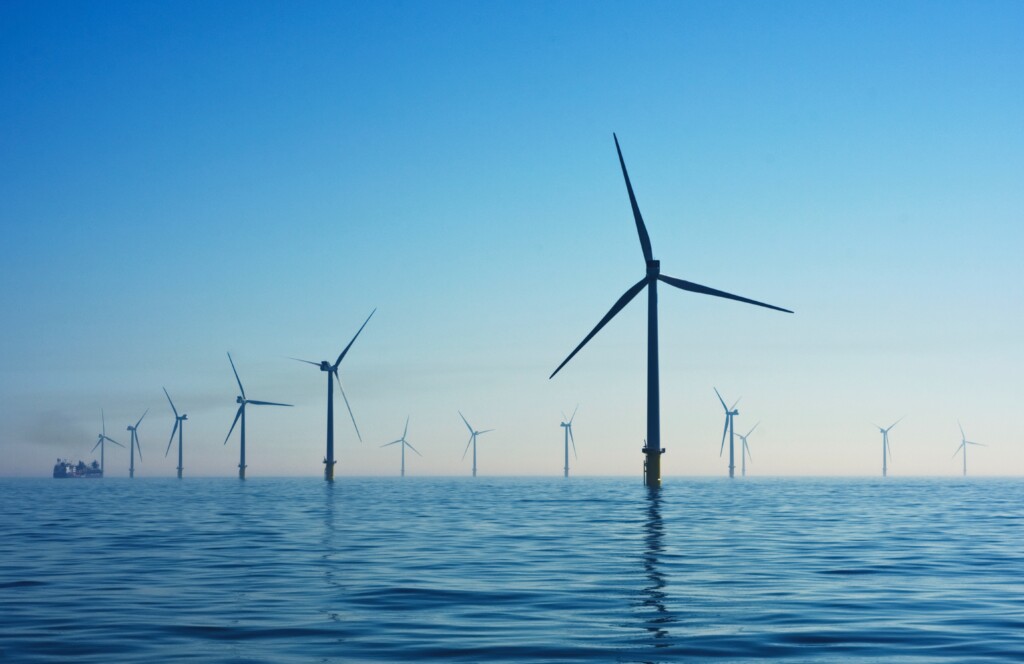
Hydropower, the oldest and most mature renewable technology, harnesses the energy of falling or fast-running water. While it’s a dependable and consistent source of power, it’s not without challenges – dams can have significant environmental impacts, and climate change threatens water supplies.
Tidal energy, on the other hand, is a less-utilized but promising form of water-based energy. As the tides flow and ebb, they can drive turbines, generating electricity. While still in its infancy, tidal power could offer a predictable and consistent energy source, given the reliable nature of the tides.
Just as the tides have potential to power our future, so too do the earth’s internal heat and the organic matter all around us. The key to unlocking these energy sources? Geothermal and biomass energy.
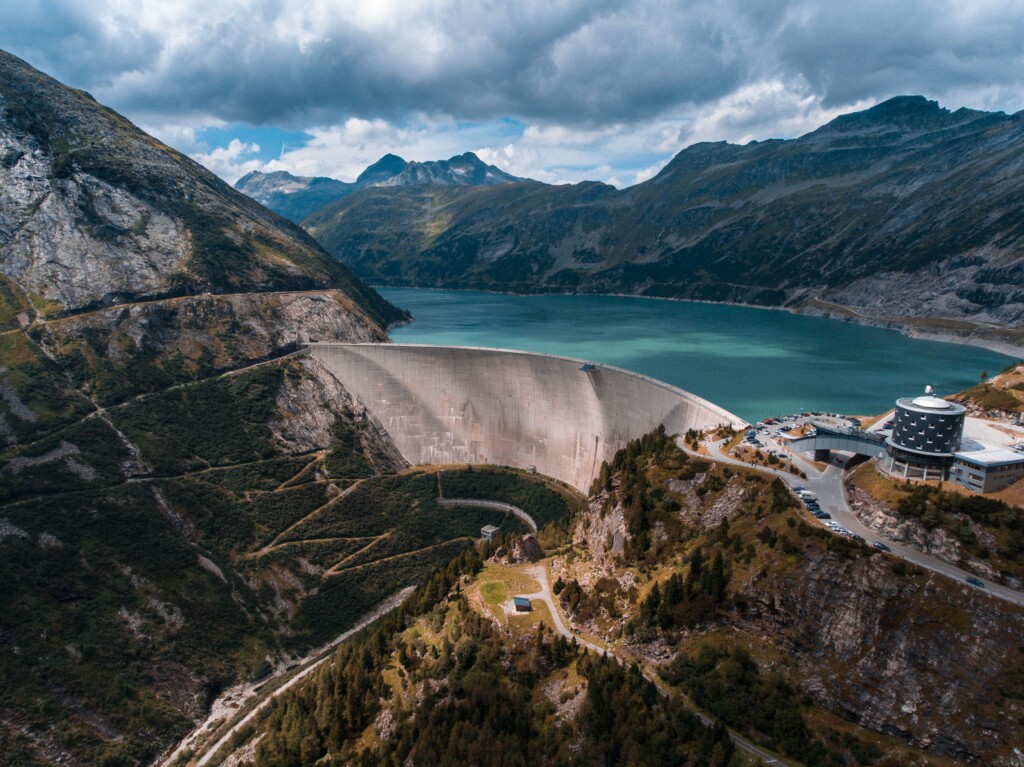
Geothermal energy is a powerful and sustainable resource that harnesses the thermal energy stored beneath the Earth’s crust. This energy source is not only virtually inexhaustible but also has a low impact on the environment, making it a promising alternative to fossil fuels.
Geothermal energy is reliable and sustainable. It can provide a constant energy supply, regardless of weather conditions, and unlike fossil fuels, it’s a resource that won’t run out. Moreover, it has a smaller carbon footprint than traditional energy sources.
Nevertheless, geothermal energy is not without its drawbacks. Its implementation can be costly and requires significant upfront investment. Moreover, it’s location-dependent, as not all areas have accessible geothermal resources. There’s also the risk of causing minor seismic activity during the drilling process.
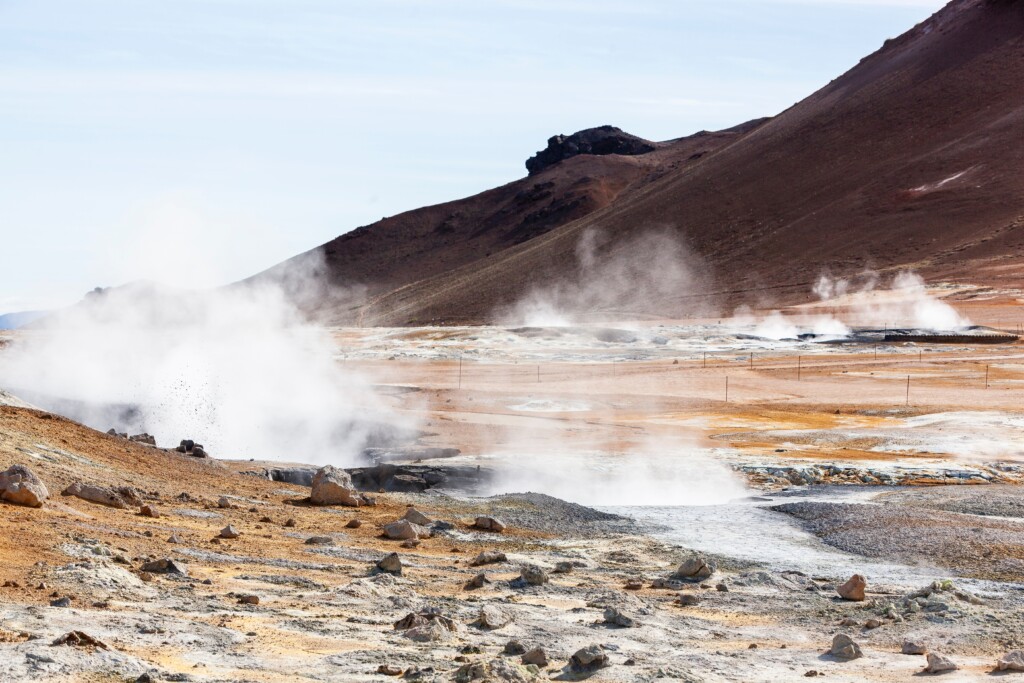
Biomass energy is another renewable energy source, deriving power from organic materials such as plant and animal matter. The biomass can be burned to produce heat, converted into biofuel, or even used to generate electricity. Biomass energy can be a sustainable solution if used responsibly, turning waste materials into valuable resources.
One of the primary advantages of biomass energy is its abundant and renewable nature. It can also contribute to waste reduction, as it often uses materials that would otherwise be thrown away.
However, like other alternatives, biomass energy has its challenges. For instance, it can still contribute to carbon emissions, albeit less than fossil fuels. Moreover, without proper management, the use of biomass resources could lead to deforestation and loss of biodiversity.
In conclusion, while these alternative energy sources each have their own strengths and weaknesses, their common thread is their potential to provide a sustainable, clean energy future. As technology advances and adoption grows, the transition away from fossil fuels and towards these alternatives becomes increasingly viable.
Around the globe, countries and regions are uniquely navigating the complex terrains of fossil fuels and the pressing need for energy transition. Their strategies vary based on economic priorities, geological resources, societal demands, and environmental concerns.
In the Middle East, countries like Saudi Arabia, historically known for their vast oil reserves, are diversifying their energy portfolios. Vision 2030, Saudi Arabia’s strategic framework, seeks to reduce its economic dependence on oil, ushering in a new era of investments in renewables, particularly solar energy.
The United States, while a significant consumer and producer of fossil fuels, has seen a significant surge in renewable energy adoption. Driven by state-level policies and private sector initiatives, solar and wind energy infrastructures are expanding. However, the US faces challenges in phasing out coal plants and managing job transitions in traditional energy sectors.
China, as the world’s largest carbon emitter, plays a pivotal role. The nation has invested heavily in renewable technologies, becoming a global leader in solar panel manufacturing and electric vehicle production. However, its coal consumption still remains a topic of global concern, even as it forges ahead with aggressive renewable energy targets.
European nations, under the European Union’s Green Deal, aim to be climate-neutral by 2050. This ambitious plan encompasses not only a transition from fossil fuels but also strategies for sustainable transportation, green infrastructures, and biodiversity conservation.
In contrast, many developing countries face a dilemma. While they recognize the perils of fossil fuels and the benefits of renewables, their immediate economic needs and developmental priorities sometimes necessitate continued reliance on coal and oil. They often argue for their right to develop just as other nations did—using fossil fuels—while also seeking global support for cleaner energy infrastructures.
In conclusion, the global tapestry of energy strategies is diverse and intricate. While the move towards renewables is a shared objective, the pace, methods, and challenges differ, underscoring the need for international cooperation and shared learning in our journey towards a sustainable energy future.
The global energy landscape is undergoing a profound transformation, and at its core lies the power of individual consumer choices. From opting for electric vehicles (EVs) to installing solar panels at homes, personal decisions are collectively reshaping the energy paradigm, moving us closer to a sustainable future.
Electric cars, once considered niche products for the environmentally conscious, have surged in popularity and are set to redefine mobility. As more individuals adopt EVs, they’re reducing the demand for gasoline, diminishing greenhouse gas emissions, and signaling to automakers and policymakers alike about the growing demand for cleaner transportation options. Brands like Tesla, Nissan, and Chevrolet are capitalizing on this demand, churning out models that appeal to various segments of the population. The rise of EVs also influences infrastructural changes, with cities around the world increasing EV charging stations and updating their grids to accommodate this shift.
Home solar installations represent another dimension of this change. As homeowners recognize the dual benefit of reducing electricity bills and decreasing carbon footprints, solar panels are becoming common fixtures on rooftops. This decentralized approach to energy generation is reducing the strain on traditional power grids and decreasing the reliance on coal-powered electricity. Beyond the tangible benefits, homeowners with solar installations often become renewable energy advocates within their communities, fostering a grassroots movement towards sustainability.
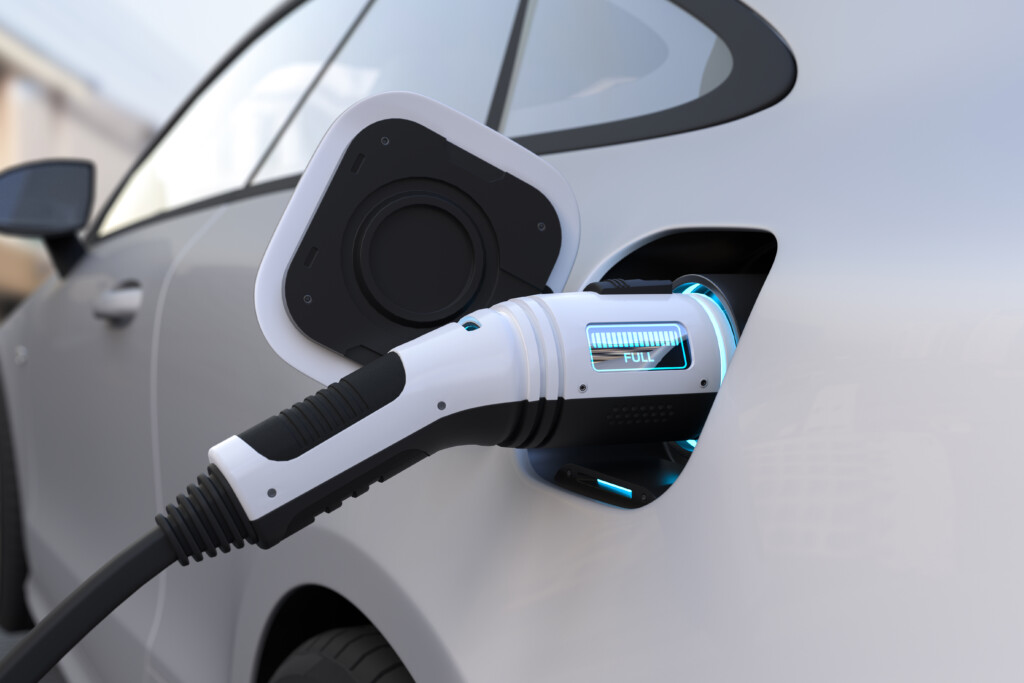
It isn’t just about solar panels and electric cars, though. Consumers are making myriad small choices daily that cumulatively have a significant impact. Opting for energy-efficient appliances, supporting businesses that prioritize sustainability, and even participating in community-based renewable energy programs are all components of this seismic shift.
Furthermore, these individual choices create a ripple effect. As consumers demand cleaner energy options, industries respond by innovating, leading to job creation in the renewable sector, advancements in green technology, and, crucially, a reduction in greenhouse gas emissions.
In essence, while national policies and industrial strategies play a pivotal role in the global energy transition, the decisions made in households and on the roads are equally transformative. They underscore a powerful message: every individual, through informed choices, has the capability to steer the planet towards a more sustainable energy future.
As we draw this exploration to a close, we must ponder upon a substantial question: are fossil fuels really going to become history? We’ve scrutinized the pros and cons, but it’s time to make a hard assessment.
Being realistic, we can’t completely shut down the use of fossil fuels overnight. They’ve been an integral part of our industrial and economic development for centuries. The infrastructure, the technology, and the jobs related to fossil fuels are deeply woven into the fabric of our societies. Recognizing this, we are compelled to admit that fossil fuels won’t vanish from the scene suddenly. However, a gradual and calculated transition is not just possible, but absolutely essential for our planet’s future.
If we cast an eye towards the rapid technological advancements in renewable energy sources and the increasing global commitment towards sustainability, we can glimpse a future where fossil fuels might become a chapter in the history books. Solar panels are becoming more efficient, wind turbines are getting larger, and new technologies like tidal and geothermal power are gradually gaining traction.
🌎 Change may be slow, but it is inevitable. Tomorrow’s world will be different from today’s, and it’s up to us to determine how.
This is not to say that renewable energy sources are without their challenges. The inconsistency of wind and solar power, the high costs of developing new technologies, and the environmental impact of massive renewable energy projects are all issues that need to be tackled. But with ongoing research and development, these hurdles can be overcome.
So, are fossil fuels really going to become history? It’s not a question of if, but when. And the answer lies in the choices and commitments we make today.
Stay a while and read more posts like this
Let’s devote a few minutes to envision our world in 2100. It’s quite a thought experiment, given the dramatic transformations our planet has experienced in...
With climate change looming large, the world is embarking on a quest for solutions to heal our ailing planet. Solar geoengineering emerges as a burgeoning field,...
Taking on parenthood comes with unique choices that factor in more than just our family’s immediate needs. For modern parents, who are not just guardians of...